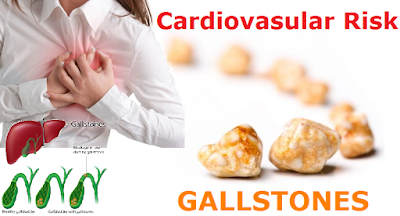A groundbreaking new study led by researchers from the University of Pittsburgh and UPMC has identified a new group of compounds that could have robust effects in treating pulmonary hypertension (PH), an enigmatic but sometimes fatal disease of the blood vessels of the lungs that currently has no cure. The findings, which were published today in the Journal of Clinical Investigation, highlight the use of these drugs to alter vessel stiffness and its downstream control of metabolism, a link previously unknown for people suffering from the progressive disease.
“If we aim to cure this disease, the next set of medications and treatments should be those that target the origin at the molecular level,” said Stephen Y. Chan, M.D., Ph.D., director of the UPMC Center for Pulmonary Vascular Biology and Medicine at the Vascular Medicine Institute at Pitt, and senior author of the study. “As a community, we are struggling right now to understand those origins of PH, and this study aimed to address that untapped need.”
Source: bioengineer








